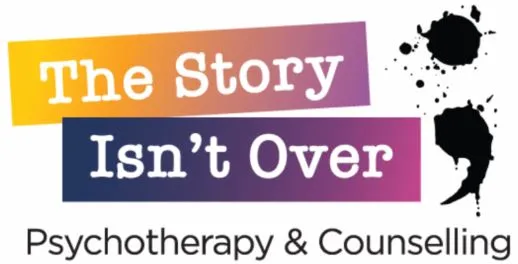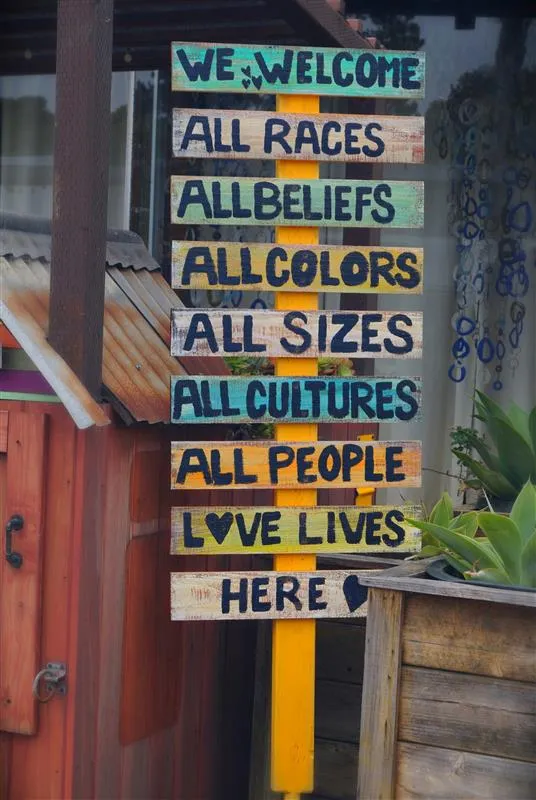
Locations:
Bolton
30 Martha Street, Suite 303, Bolton, ON L7E 5V1
Brampton:
2250 , Suite 401, Bovaird Drive E.
Brampton, (Sandringham-Wellington), ON, L6R 0W3
Caledon East:
15976 Airport Road, Caledon East, ON L7C 1E8
Bradford:
100G - 107 Holland Steet EBradford West Gwillimbury (Bradford), Ontario L9N1C3
Subscribe
Thank you! Your submission has been received!
Oops! Something went wrong while submitting the form.
Get Started
© 2025 The Story Isn't Over. All Rights Reserved.








.png)

.png)



